Showing results 61-70 of 72 for Literacy
Search results
-

As part of our barrier-busting mission, CAST offers a number of robust (and often free) learning tools.
-
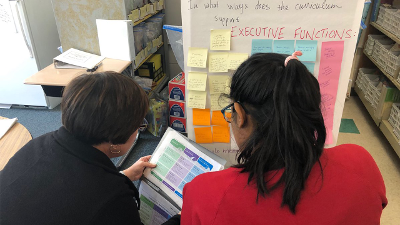
Through a three tiered service model of universal, targeted and intensive supports, the California Coalition for Inclusive Learning (CCIL 2.0) provides innovative professional learning focused on Universal Design for Learning (UDL) to increase educator capacity to provide ALL students access to meaningful, relevant, and rigorous grade level instruction in inclusive classroom environments.
-
To ensure all students become expert learners, educators proactively and intentionally design learning experiences and curricula that anticipate individual variability and reduce barriers.
-

UDL is found in many public policies in the U.S. around K-12 education, higher education, educational technology, and workforce development.
-
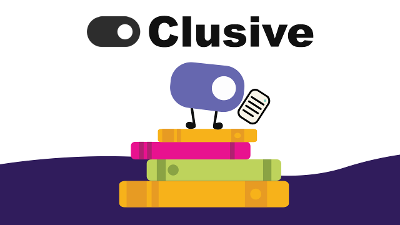
Clusive is an adaptive and accessible web-based reader designed to engage students in independent reading. Based on the inclusive principles of Universal Design for Learning (UDL), Clusive scaffolds the development of reading skills for students in grades 5 through 12.
-
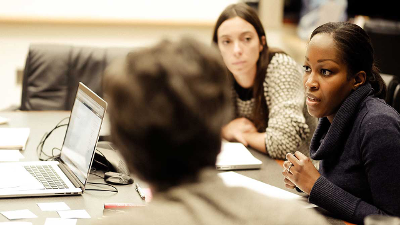
We're leading a field-building initiative to stimulate, support, and sustain best practices in UDL education program design, product development, and classroom instruction to meet the growing global demand for UDL as a design framework that recognizes variability among all learners.
-
Symposium
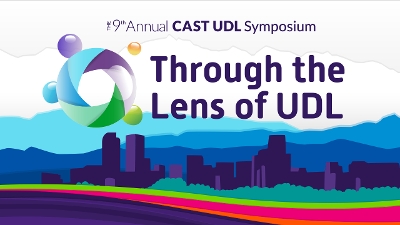
Monday, July 31 – Tuesday, August 1, 2023
Join online and in-person in Denver, CO July 31 – August 1, 2023. Let's co-create a vision for making UDL ubiquitous as a lens for our collective work of designing learning without limits.
-
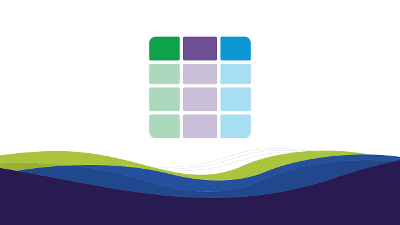
The UDL Guidelines 3.0 Collaborative brings together CAST staff representing different branches of the organization as well as representatives within the larger UDL community.
-
The UDL Guidelines are a living, dynamic tool that is continuously developed based on new research and feedback from practitioners. Since the release of “Version 1.0” in 2008, CAST has released three other versions reflecting different structural and content changes. In 2020, CAST launched our most recent effort to update the UDL Guidelines. This update focuses specifically on updating the Guidelines through an equity lens. While the Guidelines have become a valuable tool to help practitioners design for learner variability, we recognize that gaps and biases exist. There has been a strong call from the field—both practitioners and researchers alike—to more fully develop the Guidelines to address critical barriers rooted in biases and systems of oppression. The current update aims to respond to this call and to work toward fulfilling the promise of the Guidelines as a tool to guide the design of learning environments that more fully honor and value every learner.
